Guangzhou has called on the public to intensify mosquito eradication and prevention efforts as the global spread of chikungunya and dengue fever raises cocerns.
Authorities have called for enhanced environmental sanitation, targeting mosquito breeding sites in narrow streets, alleys, residential areas, and garbage transfer stations. Residents are urged to eliminate stagnant water by emptying containers and regularly cleaning their surroundings to reduce mosquito habitats.
Dr. Duan Leilei, a researcher at the Chinese Center for Disease Control and Prevention, underscored that chikungunya fever is preventable, controllable, and treatable. "The virus is mainly spread through mosquito bites, with no evidence of human-to-human transmission," Duan said during a press briefing in Beijing.
Duan recommended several personal protective measures: wear light-colored, long-sleeved clothing when outdoors during the day; use mosquito repellent; and avoid prolonged exposure to mosquito-prone areas such as shaded spots and dense vegetation.
Individuals experiencing high fever, severe joint pain, and rash — especially those with recent mosquito bites or travel history to affected regions — are advised to seek prompt medical attention.
What You Need to Know About Chikungunya
Chikungunya is a viral infection caused by the chikungunya virus (CHIKV), which is transmitted to humans through the bite of infected Aedes mosquitoes. Chikungunya transmission has now been reported in 119 countries and regions globally.
Symptoms:
Symptoms generally appear 3-7 days after a mosquito bite and commonly include fever, joint pain, headache, muscle pain, joint swelling, and rashes.
Most patients recover within a week, although joint pain can be severe and disabling, sometimes lasting for months. Death from chikungunya is rare. Rest, hydration, and pain relief medications can help alleviate symptoms.
The Guangzhou Health Commission has also released a list of designated hospitals for treating dengue fever and chikungunya fever. The hospitals are as follows:
1. Guangzhou Eighth People's Hospital, Guangzhou Medical University
Add.: No. 8 Huaying Road, Baiyun District
Tel.: 020-36052120
2. Traditional Chinese Medicine Hospital of Guangzhou's Yuexiu District (Kuangquan Campus)
Add.: No. 291 Yaotai West Street, Guangchang West Road, Yuexiu District
Tel.: 020-32780039-8601
3. Guangdong Second People's Hospital
Add.: No. 466 Xingang Middle Road, Haizhu District
Tel.: 020-89169014
4. Guangzhou Liwan Central Hospital
Add.: No. 35 Liwan Road & No. 3 Huadi Avenue Middle, Liwan District
Tel.: 020-81346926, 020-89335720
5. Tianhe District People's Hospital of Guangzhou
Add.: No. 13 Dongpu Avenue, Tianhe District
Tel.: 020-82301776
6. Baiyun District People's Hospital of Guangzhou
Add.: No. 23 Yuanxiadi Road, Baiyun District
Tel.: 020-66230564
7. The Fifth Affiliated Hospital of Guangzhou Medical University
Add.: No. 621 Gangwan Road, Huangpu District
Tel.: 020-85959295
8. Huadu District People's Hospital of Guangzhou
Add.: No. 48 Xinhua Road, Huadu District
Tel.: 020-62936120
9. Panyu Central Hospital of Guangzhou Medical University
Add.: No. 8 Fuyu East Road, Qiaonan Street, Panyu District
Tel.: 020-34859880
10. Nansha District Maternal and Child Health Hospital
Add.: No. 103 Haibang Road, Gangwan Street, Nansha District
Tel.: 020-84987613
11. The Fifth Affiliated Hospital of Southern Medical University
Add.: No. 566 Congcheng Avenue, Chengjiao Street, Conghua District
Tel.: 020-62236040
12. The Fourth Affiliated Hospital of Guangzhou Medical University
Add.: No. 1 Guangming East Road, Zengjiang Street, Zengcheng District
Tel.: 020-62287030
13. The Third Affiliated Hospital of Sun Yat-sen University
Add.: No. 600 Tianhe Road, Tianhe District
Tel.: 020-85253187
Source:Guangzhou Foreign Affairs OfficeEvents
More+-

Chengdu Symphony Orchestra2025-2026 Season Concert—Music Talk Series 2“Chinese Spring Festival Melodies”
-

Exhibition of Zhao Yunyu’s Calligraphy and Painting from the Chengdu Museum Collection
-

The 55th Chengdu InternationalPanda Lantern Festival
-
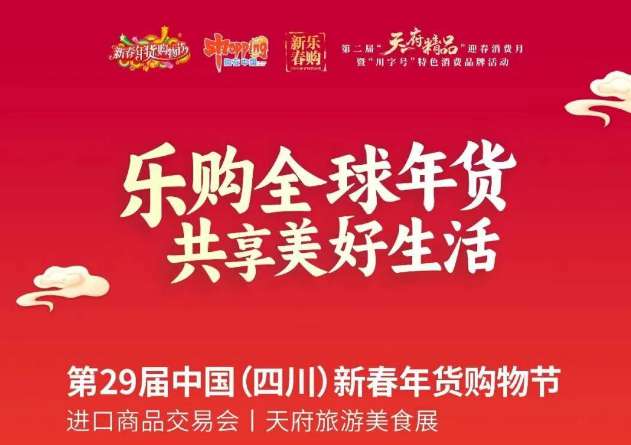
The 29th China (Sichuan) New Year Shopping Festival
-

2026 BJ Online New Year Shopping Festival Unfolds



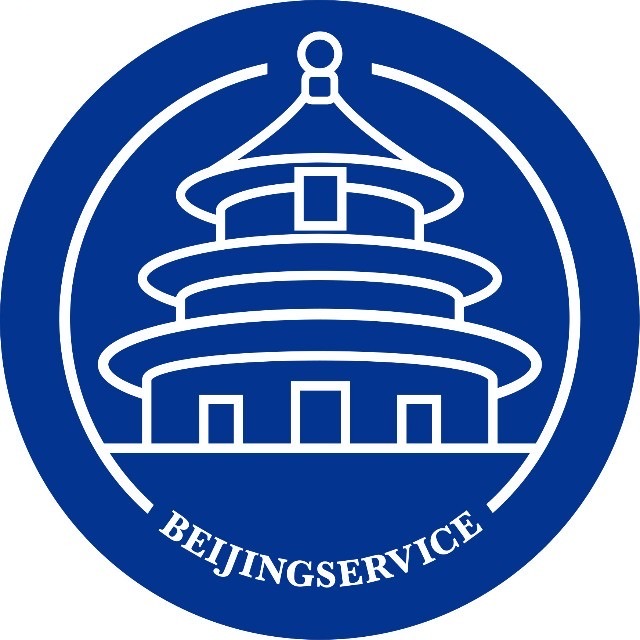
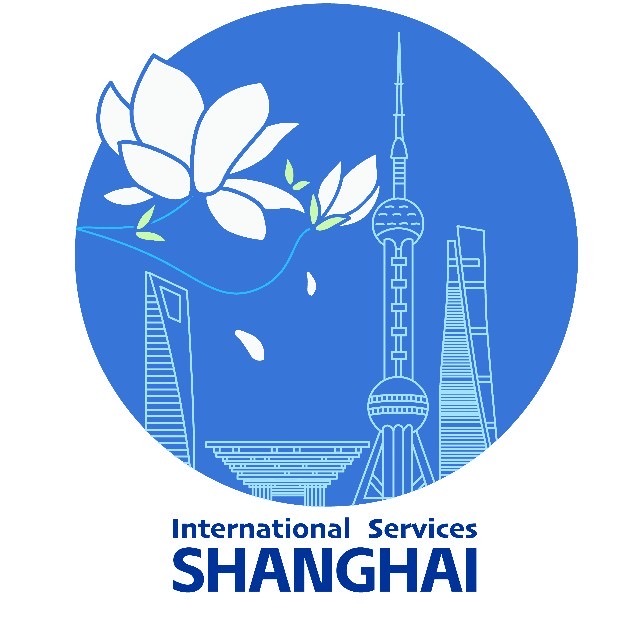




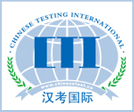
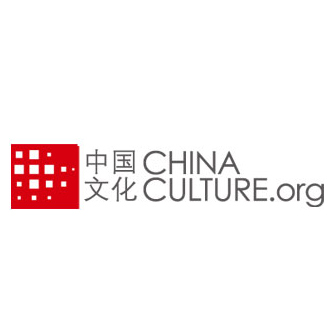
 京公网安备
京公网安备